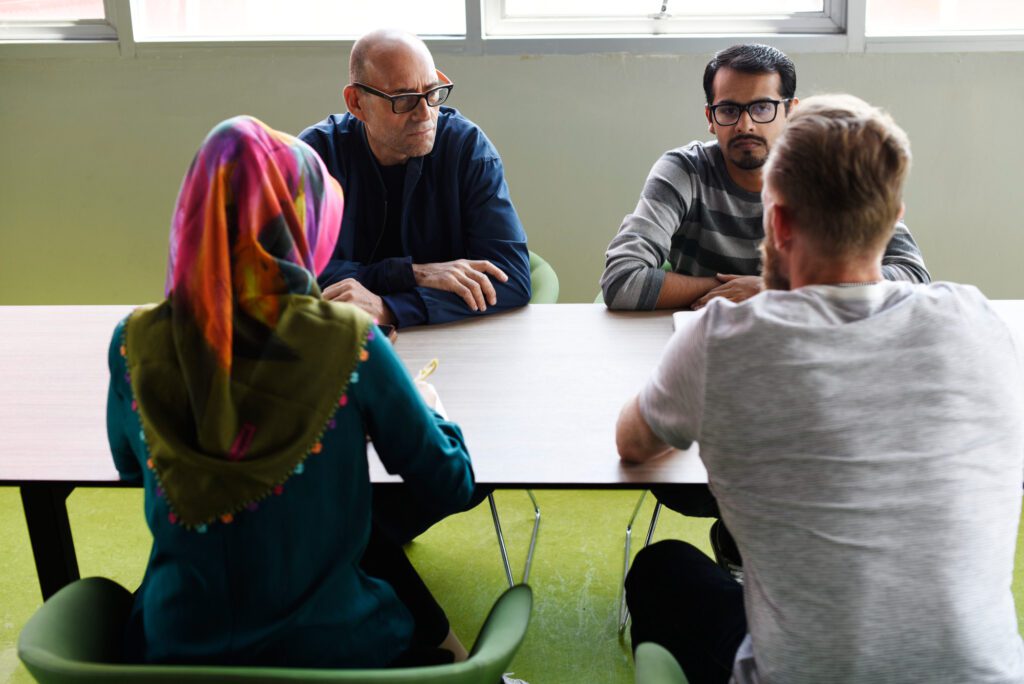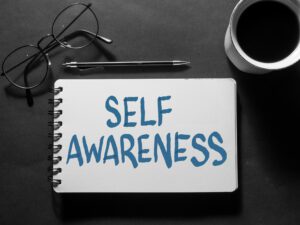Teachers play a vital role in sharing knowledge and creating a supportive environment where students can excel. Confidence building and seamless project facilitation are two critical qualities that improve a teacher’s capacity to establish effective learning environments. Let us explore ways to refine these skills, enabling teachers to empower and ignite inspiration in their students.

The Foundation of Confidence Building
Confidence building is an art that requires a careful balance of self-assurance and empathy. Teachers are the architects of confidence and significantly influence the thinking capabilities of the students. Here are some techniques to develop a strong basis for confidence building:
● Cultivate Positive Learning Spaces
Create an environment where students feel confident expressing themselves. Encourage open communication, celebrate diversity, and recognize each student’s unique talents. A welcoming school atmosphere instills a sense of belonging and boosts confidence.
● Recognize and Praise Efforts
Acknowledge the effort students invest in their assignments and projects. Genuine appreciation can boost their confidence and motivate them to succeed further. Additionally, thoughtful praise can do wonders in creating a positive and motivating atmosphere that drives continuous growth and achievement.

● Encourage a Growth Mindset
Teach students to view problems as opportunities for growth. Encourage an attitude that sees mistakes as stepping stones to success. When students understand that setbacks are a natural part of learning, they develop resilience and confidence.
Seamless Project Facilitation
Project facilitation is a dynamic process that requires a strategic approach to ensure effective learning. Here is how teachers can master this skill:

● Define Clear Learning Objectives
Establish specific, measurable, achievable, relevant, and time-bound (SMART) goals that align with the curriculum. This provides a structured roadmap for both students and teachers.
● Encourage Collaborative Learning
Design group projects that emphasize cross-functional collaboration. This encourages students to leverage diverse perspectives, develop interpersonal skills, and share responsibilities.
● Promote Real-World Relevance
Incorporate experiential learning by linking projects to real-world scenarios. This demonstrates the practical application of concepts, enhancing both engagement and retention.
● Incorporate Inquiry-Based Learning
Encourage students to explore, question, and investigate topics, promoting critical thinking and problem-solving skills.
● Utilize Scaffolding Techniques
Apply scaffolding techniques and provide gradual support through resources, prompts, visual aids, and feedback. This will help students achieve autonomy and confidence in their projects.
● Encourage Reflective Practices
Include structured reflection sessions where students analyze their performance, identify lessons learned, and plan improvements. This cultivates metacognition and a deeper understanding of their learning journey.
The Intersection of Confidence Building and Project Facilitation
When project facilitation and confidence-building come together in the classroom, a transformative shift happens. Students engage more deeply with their projects, gain confidence, and turn learning into an empowering experience that extends beyond the classroom. Teachers use two main approaches to achieve this.

First, they empower students by giving them the responsibility to lead, manage tasks, and maintain a structured environment that promotes accountability and boosts self-assurance.
The second approach focuses on providing positive feedback that emphasizes students’ strengths and identifies areas for growth. This approach enhances the quality of their projects, inspires students, and builds their confidence while encouraging a continuous desire for learning.
When these strategies are combined, they create a dynamic environment filled with limitless possibilities. Students develop a sense of responsibility, confidence, and passion for their studies. As teachers refine these skills, they support their students’ academic progress and help create lifelong learners who are well-prepared to succeed in every sphere of life.
Disclaimer:
Any opinions expressed in this blog do not necessarily reflect the opinions of Red Moon Communications. This content is meant for informational purposes only.






